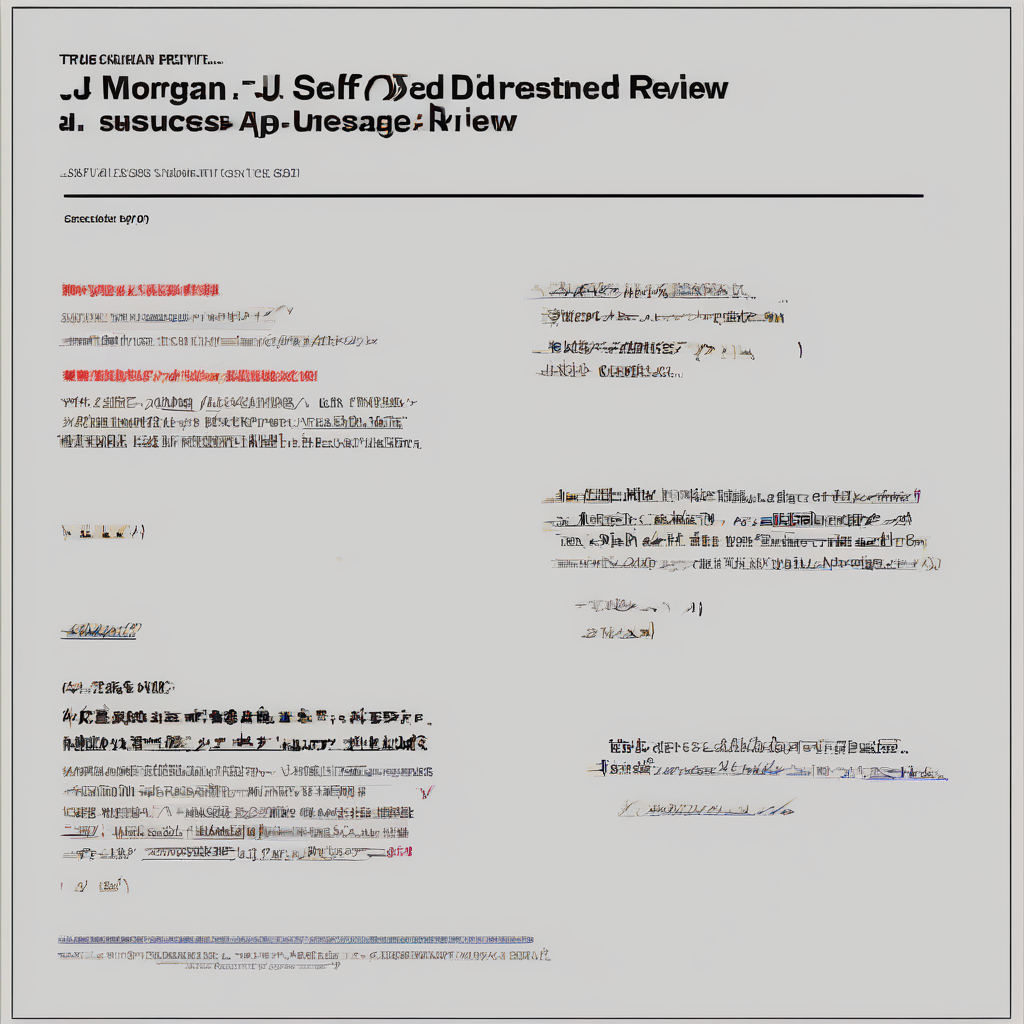Private Real Estate Investing: A Comprehensive Guide

Private Real Estate Investing: A Comprehensive Guide
Private real estate investing offers a compelling opportunity for individuals and institutions to diversify their portfolios and potentially generate significant returns. This comprehensive guide delves into the intricacies of private real estate investing, providing insights into various strategies, market dynamics, and key considerations for making informed decisions.
What is Private Real Estate Investing?
Private real estate investing encompasses a broad range of investment activities that involve direct ownership or participation in real estate assets that are not publicly traded on stock exchanges. These investments typically involve smaller, more illiquid assets, often requiring a higher level of expertise and risk tolerance compared to publicly traded real estate investment trusts (REITs).
Types of Private Real Estate Investments
-
Direct Ownership
- Single-Family Homes: Purchasing and holding individual residential properties for rental income or appreciation potential.
- Multifamily Properties: Investing in apartment buildings, townhouses, or other multi-unit residential properties.
- Commercial Real Estate: Acquiring office buildings, retail centers, industrial properties, or other commercial assets.
- Land: Investing in undeveloped land for future development or appreciation.
-
Indirect Ownership
- Private Equity Real Estate Funds: Pooling capital with other investors to invest in a diversified portfolio of real estate assets managed by a professional team.
- Real Estate Syndications: Smaller investment groups that pool resources to acquire and manage specific properties.
- REITs (Private): Non-listed REITs that offer limited partnership interests in real estate assets, providing investors with exposure to a diversified portfolio.
-
Real Estate Development
- Ground-Up Development: Investing in the construction of new buildings from the ground up.
- Redevelopment: Acquiring existing properties and renovating or transforming them for a higher value or new purpose.
Advantages of Private Real Estate Investing
- Higher Potential Returns: Private real estate investments often offer the potential for higher returns than publicly traded REITs due to their illiquidity and higher risk profile.
- Diversification: Private real estate can complement other asset classes in a portfolio, providing diversification and reducing overall risk.
- Tax Advantages: Real estate investments often offer tax benefits such as depreciation deductions and capital gains tax deferrals.
- Control and Influence: Direct ownership allows investors greater control over their investments, enabling them to influence management decisions and property development.
- Hedge Against Inflation: Real estate can serve as a hedge against inflation, as property values tend to increase with rising prices.
Disadvantages of Private Real Estate Investing
- Illiquidity: Private real estate investments can be difficult to sell quickly, especially compared to publicly traded securities.
- Higher Risk: Private real estate investments involve higher risk than publicly traded REITs, including market volatility, tenant risk, and operational challenges.
- Capital Intensity: Investing in real estate requires significant capital upfront, which can be a barrier for some investors.
- Expertise Required: Understanding real estate markets, property management, and legal requirements is essential for successful private real estate investing.
- Time Commitment: Active involvement in real estate investing requires significant time and effort, especially for direct ownership.
Key Considerations for Private Real Estate Investing
- Investment Objectives: Define your investment goals, risk tolerance, and time horizon before investing.
- Market Research: Thoroughly research the real estate market, including local trends, economic conditions, and competitive landscape.
- Due Diligence: Conduct thorough due diligence on any property or investment opportunity, including reviewing financials, property inspections, and legal documentation.
- Financing Options: Explore different financing options, such as mortgages, private loans, or equity partnerships, to structure your investment effectively.
- Property Management: Consider whether you have the expertise and resources to manage the property yourself or if you need to hire a professional property manager.
- Legal and Regulatory Compliance: Ensure you are fully compliant with all applicable laws, regulations, and zoning requirements.
Strategies for Private Real Estate Investing
- Buy and Hold: Investing in properties with the intention of holding them for the long term, aiming to generate rental income and capital appreciation.
- Value Investing: Identifying undervalued properties with potential for future appreciation through renovation, repositioning, or development.
- Development: Acquiring land or existing properties and developing them into new or improved assets for higher value or rental income.
- Flipping: Acquiring properties, making necessary improvements, and quickly reselling them for a profit.
- Rental Income Strategies: Optimizing rental income through effective property management, tenant screening, and market analysis.
Risk Management in Private Real Estate Investing
- Diversification: Investing in a diversified portfolio of properties or through funds that provide exposure to multiple asset classes.
- Thorough Due Diligence: Conducting comprehensive research and analysis on potential investments to mitigate risks.
- Proper Financing: Structuring loans and financing options to minimize leverage and maintain financial stability.
- Risk Assessment: Identifying and evaluating potential risks associated with each investment opportunity.
- Professional Advice: Seeking advice from qualified professionals, such as real estate agents, attorneys, and financial advisors.
Conclusion
Private real estate investing presents a dynamic and potentially rewarding avenue for investors seeking to diversify their portfolios and generate returns. Understanding the various types of investments, associated advantages and disadvantages, and key considerations is crucial for making informed decisions and navigating the complexities of this market. By carefully planning, conducting thorough research, and managing risks effectively, investors can potentially capitalize on the growth and stability offered by the real estate sector.
What's Your Reaction?

















